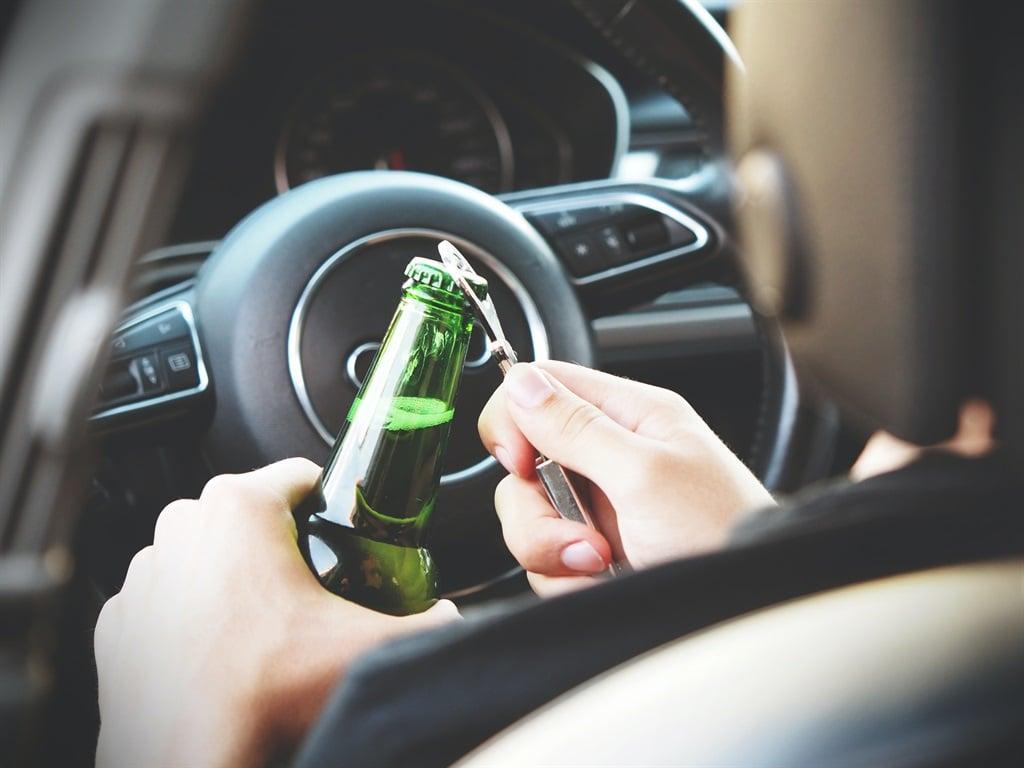Africa-Press – South-Africa. A popular Twitter page said that South Africa had the highest share of alcohol-related road fatalities globally. The reality is that post-crash data collection systems in South Africa are poor, so we have no clear idea how widespread alcohol-related fatalities are.
This is according to Caro Smit, the founder, and Director of South Africans Against Drunk Driving (SADD).
The Twitter post was made by World of Statistics which has 2.2 million followers on the platform.
The post claimed that 58% of South African road fatalities are alcohol-related. Smit said the data used for the South African figure is from 2010 and that new data will be released later this year.
Smit said the prevalence figures in the tweet aren’t directly comparable because the illegal blood alcohol level is not consistent across countries.
Smit also said that the reason that some of the other countries on the list allegedly have such a high incidence of alcohol related road fatalities is that they are very good at recording their post-crash data. She said this is especially true for Canada.
In South Africa though the situation is different.
A 2021 study by the South African Medical Journal (SAMJ) that looked at driver intoxication in South Africa found that the prevalence estimates of driver intoxication in car crashes was between 33% and 69%.
“Our [data] is very very inaccurate because we don’t capture a lot of our data,” said Smit.
The SAMJ research backed up Smit’s point. “There is somewhat limited and variable SA research on the extent of alcohol’s contribution to the country’s fatal crash burden,” it found.
Smit said that in many areas of the country, traffic officers do not operate at night, which means that police officers are responsible for dealing with crash scenes.
She said that police often do not treat drunk driving cases seriously unless there has been a fatality as a result of the preventable crash.
She said that police officers are often ignorant of the law when it comes to drunk driving and unaware that they can enforce blood alcohol tests.
The decision to deploy traffic officers at night depends on the region. Some areas, such as in the Western Cape, generally do have traffic staff available who can be deployed to crash scenes, said Smit.
Enforcement
Smit said that the research on how to reduce the incidence of road-related crashes is clear. Education and awareness programmes are not effective, it is the application of road laws that brings down the crash and road-related fatality rate.
South Africa is very poor at enforcing its road safety laws, she said. The laws on the books are compliant with most international standards, but the levels of enforcement are very low in most areas.
She said that the widely quoted figure in the industry is that only 2% to 7% of the drunk drivers that are caught are prosecuted for committing the crime. This figure is also not totally reliable she said, but provides an indication of the likelihood that someone who drives drunk will get away with it.
She said that when the cases get to trial, people are often able to get off on technicalities such as the length of time that passed after the crash and when their blood alcohol level was read. If this time exceeds two hours then it is not admissible in court.
Solutions
Smit said that there are a variety of potential policies that could reduce preventable road crash deaths where thorough evidence-based research has been done to prove that the interventions work.
Chief among these is to have more regular testing of drivers’ intoxication levels. She said that there are 13 million registered drivers in South Africa and there should be at least 13 million tests done nationwide per annum.
She also said that designated drunk driving courts should be implemented that can hear drunk driving cases.
The punishment for driving under the influence of alcohol should be increased and drivers licenses should be automatically removed when they are caught.
She also said that better provisions should be made for analysing drivers who have been involved in an accident so that better data on the incidence of drunk driving in the country can be obtained and evidence that can be used in court is gathered.
For More News And Analysis About South-Africa Follow Africa-Press






